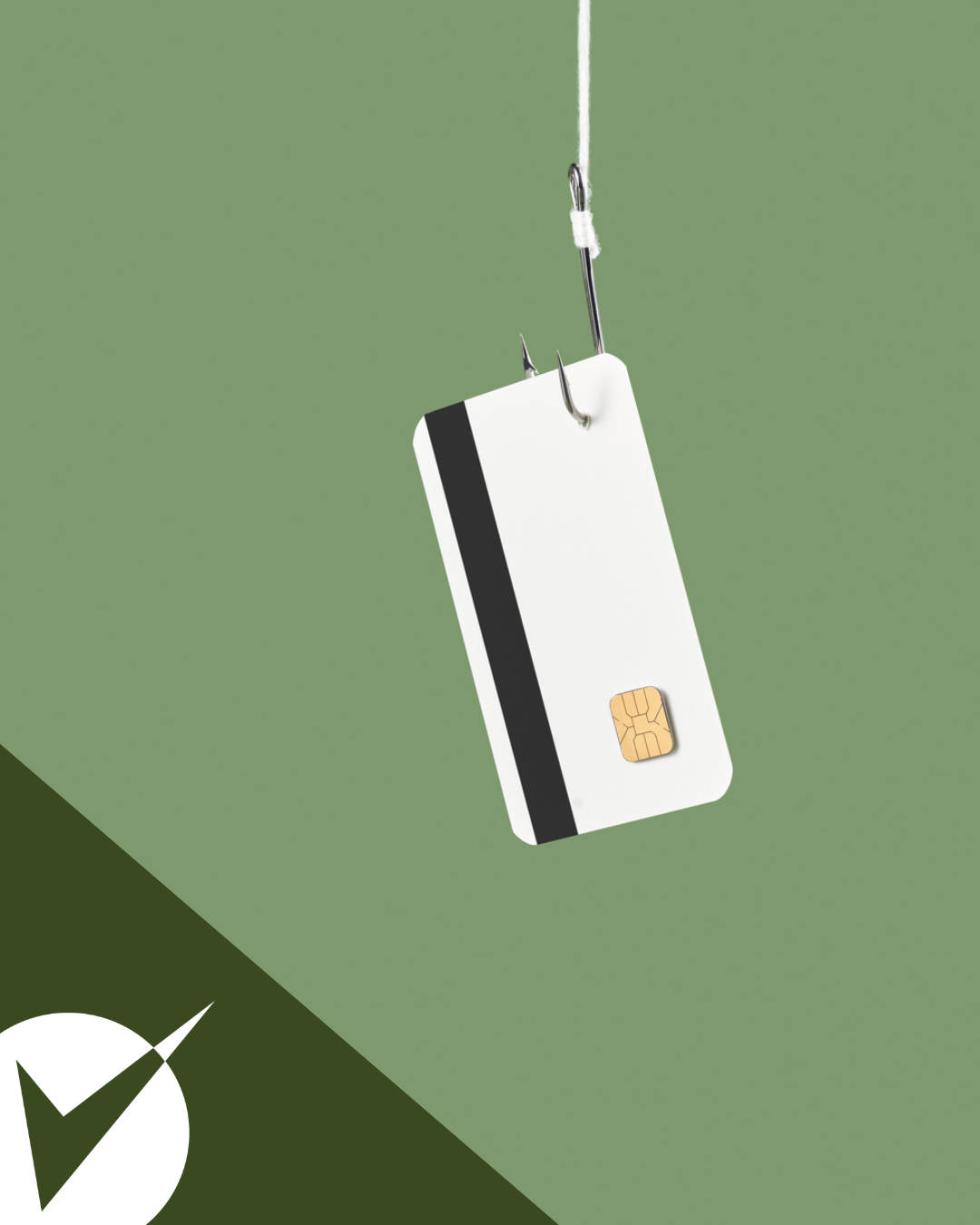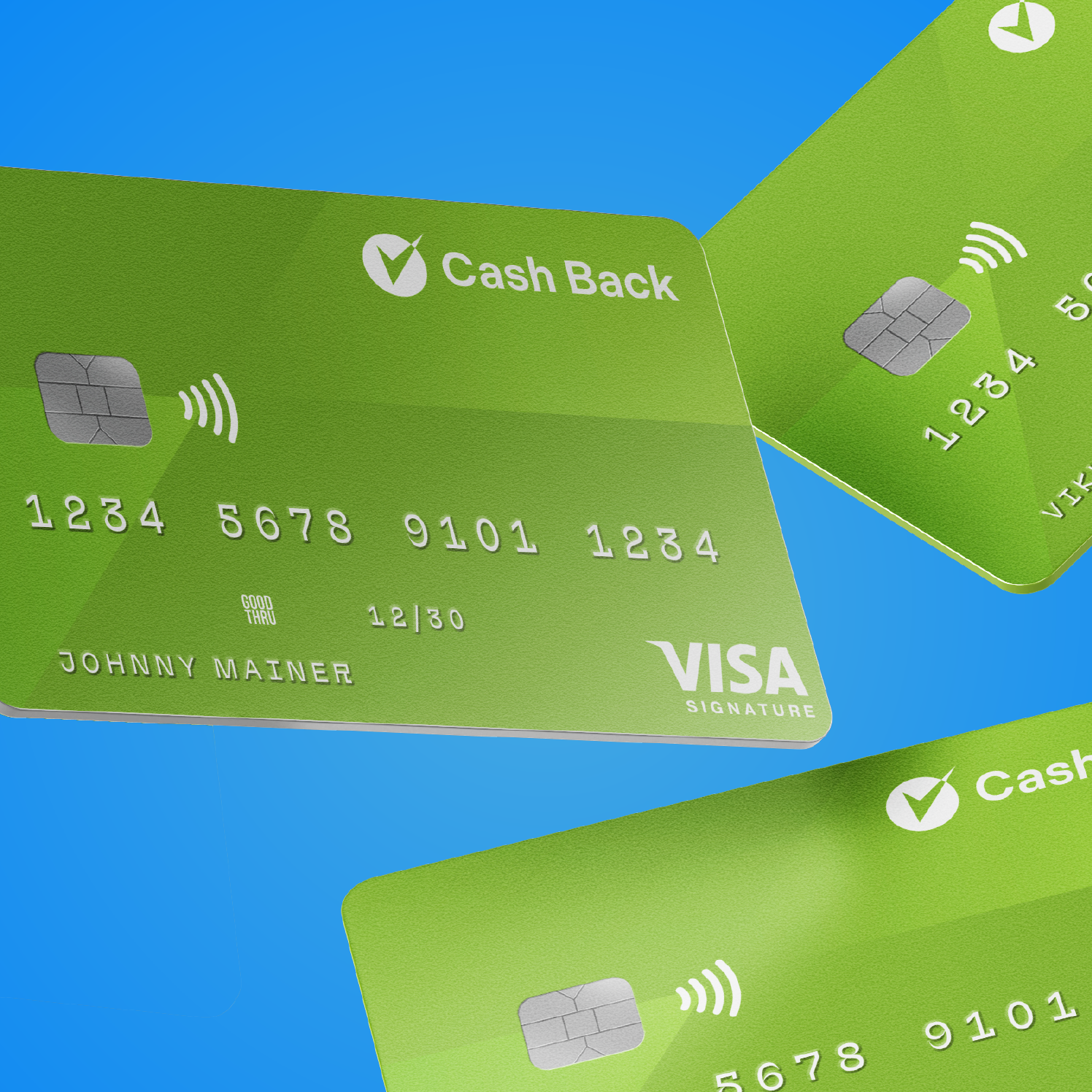These days, it can feel like you see a story about a new scam, hack, or data breach every time you watch the news. If you’re worried that your personal or financial information may have been stolen or exposed, it’s easy to feel overwhelmed.
But don’t panic! There are steps you can take to protect your info, reduce your risk, and take control. Let’s walk through some of the best ways to stay safe—and what to do if you think your information might already be out there.
Step 1: Strengthen Your Online Security
We know it’s tempting to use the same password for everything—but that’s exactly what fraudsters hope you’ll do! Make your accounts more secure by updating your passwords and using tools that help you manage them.
Here’s how:
- Use strong, random passwords. Try a combo of letters, numbers, and symbols that are hard to guess. Password manager apps can even generate and store these for you.
- Or try a passphrase. Pick a few random words and string them together, like: tangerinealligatorbubblesoup. Make sure to avoid things that are meaningful to you, like loved ones, pet names, or hobbies.
- Enable biometrics. If your phone or tablet has Face ID or a fingerprint scanner, turn it on. It adds an extra layer of protection and makes logging in easier.
Step 2: Beware of Phishing, Smishing & Other Scams
Scammers are getting sneaky. Whether it’s a sketchy text, phone call, or email, their goal is the same: to trick you into handing over your personal info.
Watch out for:
- Urgent texts or emails that say they’re from places like EZPass, USPS, your bank, or a government agency like the IRS. They might say you owe money or that your account is in trouble, then ask you to click a link. NEVER click a suspicious link in a text or email!
- Phone calls asking for personal info, like your social security number, banking details, or login info. Hang up right away and call the real organization directly.
- Scams about loved ones in trouble. If someone says a friend or family member is in danger or needs money fast, hang up the phone immediately and call that person directly.
Important reminder: Never give your usernames, passwords, or security codes to anyone—no matter who they say they are.
Step 3: Keep an Eye on Your Accounts
One of the best ways to catch fraud early is to regularly check your accounts.
Here’s what to do:
- Review your bank and credit card transactions at least once a week (monthly at the very least). Make sure you do this on every account, including credit cards, checking, and savings accounts!
- If you see a charge you don’t recognize, lock your card in your banking app and contact your financial institution right away.
Good news: If you report fraudulent charges quickly, you’re usually not responsible for them.
Step 4: Freeze Your Credit
Worried about someone opening a credit card or loan in your name? You can freeze your credit to prevent that— it’s easy to do, and it’s completely free.
Freezing your credit:
- Stops new credit accounts from being opened in your name.
- It doesn’t affect your current accounts or your credit score.
Before you freeze your credit, keep in mind:
- If you’re applying for a loan, job, or apartment, you’ll need to temporarily "unfreeze" your credit.
- You can unfreeze and refreeze your credit easily online.
Make sure you freeze your credit at all three major credit bureaus:
Bonus tip: If you’ve been notified that your personal info was involved in a data breach, consider adding a fraud alert to your credit reports. This tells lenders to take extra steps to verify your identity before approving credit.
If you believe you’ve been a victim of identity theft, visit the Federal Trade Commission’s ID Theft site to report it and get help with recovery. Make sure to take advantage of any credit monitoring services offered by the company that’s notified you of the breach.
Stay One Step Ahead
Unfortunately, fraud and scams are a growing part of our digital world. But the more informed and prepared you are, the safer your information will be.
Take these steps to protect yourself, stay alert, and reach out to your financial institution anytime you see something that doesn’t seem right.
Want to Learn More?
Check out our other helpful blogs for more tips on staying safe online:
- Common Online Scams & How to Avoid Them
- Scams to Watch Out for This Holiday Season
- Understanding Fraud & Disputes
Have questions or need help? Our team is here for you. Contact us or stop by one of our branches. We’re always happy to help keep your accounts safe.






